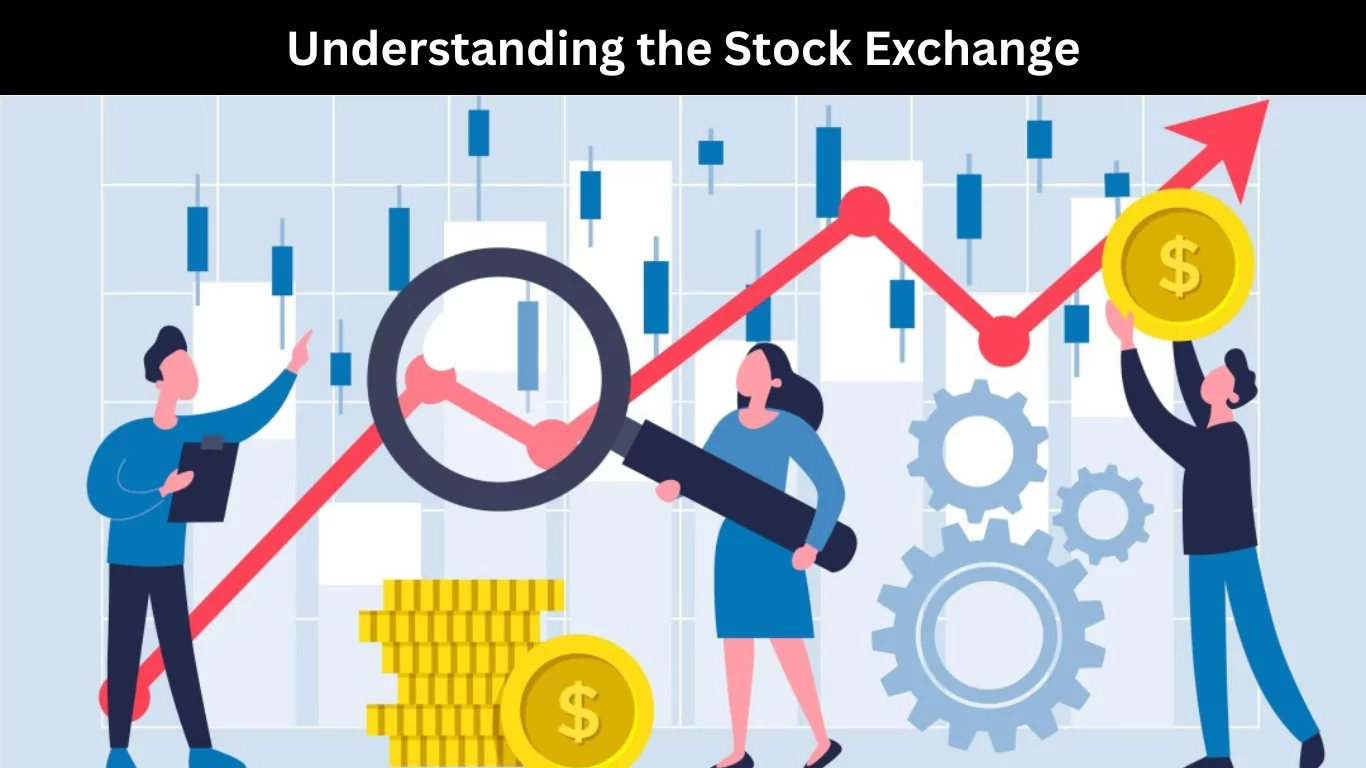Years ago, before cryptocurrency and NFTS, there were specific paths many praised as great investments. Stocks stand out as one of them. Undoubtedly, that is true. However, do you understand how the stock market operates? Do you know the differences between a stock exchange, stock market, or stock index? Do you know what a stock is?
If your answer to all these is no, it’s not just you. You don’t have to fret, though. You’re just in the right place. This article will help you have a fundamental understanding of stocks and how they operate. This way, you can fully understand what a stock exchange is. Read on to learn about the basic ideas that will help you understand how the stock market operates.
How Do Stocks Work?
Stocks are a type of financial instrument that represents the ownership of an organization or business and a corresponding claim to its assets. Shares or equity are other names for stocks.
When shareholders own stock, they effectively control a percentage of the company corresponding to the number of shares they have relative to the outstanding shares. Certain companies opt to “go public” instead of being controlled by a person or a private group. This implies that anyone can acquire stock in the business and become a shareholder.
What Is a Stock Exchange?
A stock exchange is an establishment where buyers and sellers exchange information. Several exchanges, including the Nasdaq, allow the trading of stocks.
Even though brokers are commonly employed for stock trading, it is vital to understand the different ways exchanges and the businesses that market with them are connected. Besides, multiple exchanges are led by various rules targeted at protecting investors.
How Stock Exchanges Operate
Various securities, such as equities, commodities, and bonds, undergo trading on stock exchanges. Exchanges connect investors with authorities and businesses. They aid in creating market liquidity, or a sufficient supply of buyers and sellers, for trades to get handled quickly and without interruptions.
Exchanges also make sure that trading happens in an impartial and organized way. This way, investors and other financial stakeholders can receive crucial financial information. Justmarkets also serve as a great information hub for investors.
Stocks are initially made accessible on an exchange following a company’s initial public offering (IPO). In an initial public offering, also called an IPO, a corporation sells shares to a starting group of public shareholders. Shares can be bought and traded on an exchange or the secondary market after the IPO places shares in the care of public shareholders.
The exchange keeps apprised of the flow of orders for each stock, and the flow of supply and demand determines the price of a stock. You can see this price activity flow based on the kind of brokerage account. For instance, a bid price of $60 indicates to the exchange that an investor is eager to purchase the stock for that amount. Likewise, you might find a $61 asking price, meaning that someone else is prepared to sell the shares for that amount. The bid-ask spread distinguishes the two.
Benefits and Drawbacks of Stock Exchanges
Advantages of stock markets
- Prestige
Getting listed on a stock exchange carries a certain amount of status for a company. This is especially true for historical exchanges like Amsterdam, London, and New York. Getting listed on an exchange also makes it possible for investors to purchase shares in the business, allowing it to raise money and grow.
- Reduction of Counterparty Default Risks
Selling on a stock exchange will reduce the danger of counterparty default for traders. This is because stock exchanges are heavily regulated, whereas OTC techniques for trading are not.
- Easy Access
Online brokerage companies have also made it considerably simpler for traders to connect with stock exchanges and take advantage of transient market moves.
Drawbacks of Stock Markets
- Time and Financial Demands
It might take time and money for a company to list on a stock exchange. Additionally, after the company has listed, it will need to consider its obligations to shareholders who now own a stake in the business.
- Presence of Volatility
Stability is not an assurance in stock market trading. Since stock markets are subject to market fluctuations, sharp price changes may occur in response to global political and economic events.
- Market Crashes
Crashing can also happen on stock exchanges. Even though they are uncommon, stock market crashes can cause stocks to lose a lot of significance and trigger long-lasting economic recessions.
